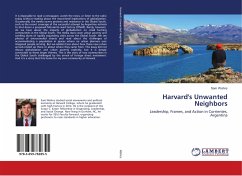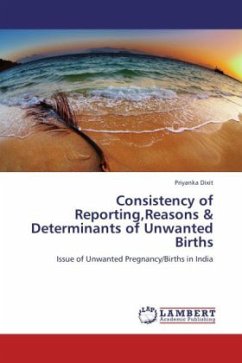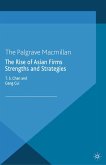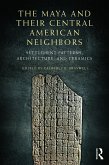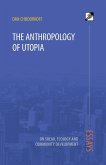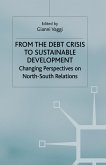It is impossible to read a newspaper, watch the news, or listen to the radio today without reading about the macro-level implications of globalization. Occasionally, the media covers protests and resistance in the Global South, such as the recent coverage of the successful attempt by Argentine activists to shut down a proposed Monsanto seed factory (O'Neill). Rarely, however, do we hear about the impacts of globalization on small farming communities in the Global South. The media does cover urban poverty and swelling slums of rapidly expanding cities across the Global South. We see photos of overcrowded streets and read about the challenges of accommodating a population in spaces where no urban planners ever imagined people arriving. But we seldom hear about how these new urban arrivals ended up there or about where they came from. This essay did not discuss globalization and urban poverty explicitly, but it is deeply connected to these larger themes. This is the story of two communities in the Global South challenged by the arrival of foreign direct investment. And it is a story that hits home for my own community at Harvard.
Bitte wählen Sie Ihr Anliegen aus.
Rechnungen
Retourenschein anfordern
Bestellstatus
Storno

